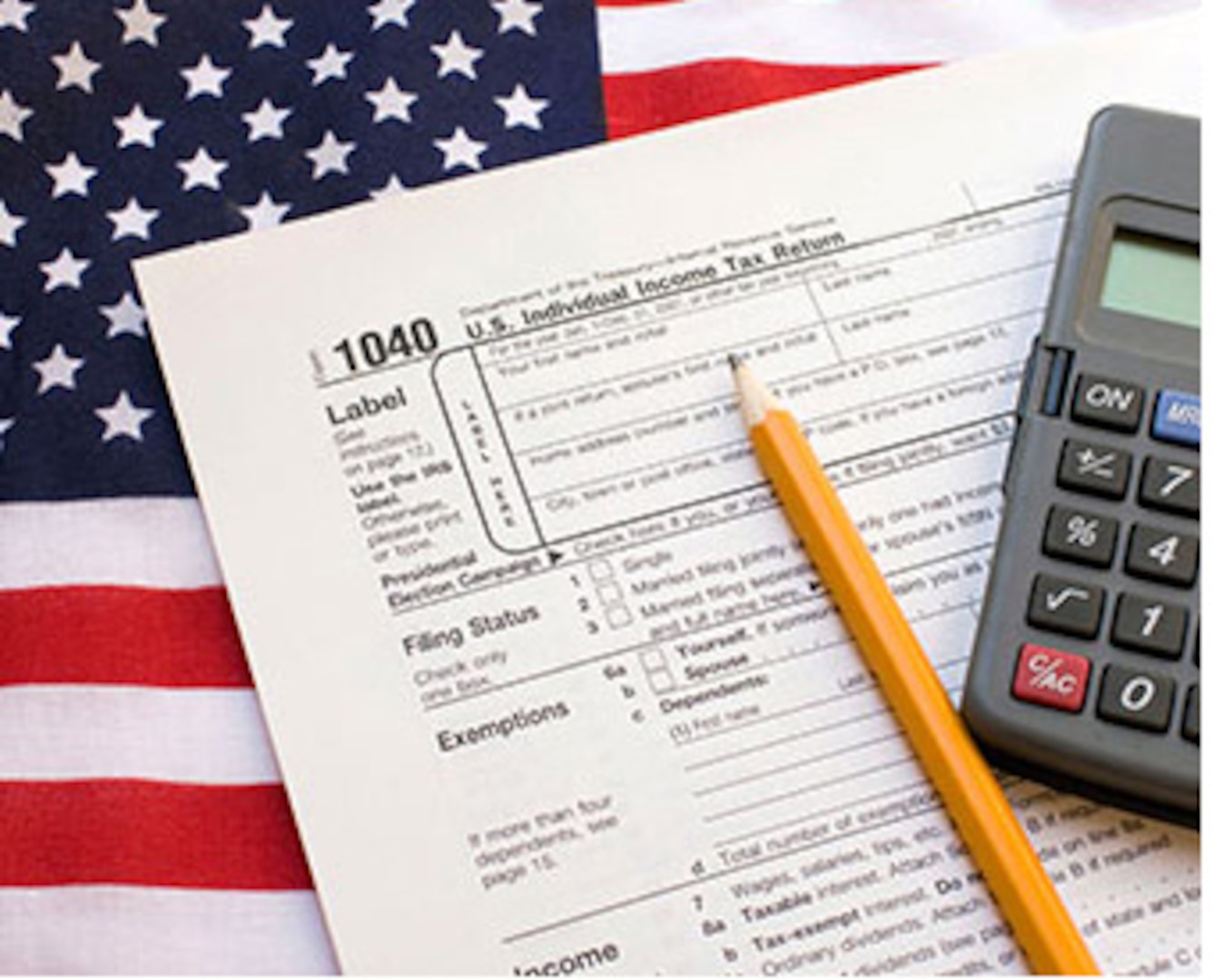Tax filing will likely start in the last week of January 2025, even though the Internal Revenue Service (IRS) has not said anything official yet. The IRS should start taking tax returns for the 2024 tax year in late January 2025, most likely on January 27 or 29.
Not only does filing taxes on time make sure that you pay your taxes, but it also speeds up the process of getting any refunds that may be due.
The IRS encourages direct deposit and electronic filing so that things can be handled more quickly and easily. Using an online tax filing platform or professional tax preparation service can make the process easier and help people understand how the tax code works.
Taxpayers have until April 15 to file their returns, which is almost three months. But you should not wait because the sooner you file your taxes, the faster the IRS can process your refund, if you are due one.
The most important information you need to know about IRS taxes in 2025
When will the Internal Revenue Service (IRS) start accepting tax returns this year?
CBS reports that the Internal Revenue Service usually starts getting tax returns around the end of January. That being said, the IRS has not yet said when it will start taking all returns for this year.
The IRS said Tuesday that on Friday, January 10, millions of people across the country will be able to start using the IRS Free File program to file their individual tax returns. Visit IRS.gov to see a list of partners you can trust with IRS Free File.
How early can taxpayers file for their 2025 taxes?
Tax season in the U.S. does not start until late January, but people can start filing their returns right away. The IRS makes its tax software available to people before tax season starts so that they can start getting ready to file their taxes. The IRS has also put out a list of rules that will make the process of filing taxes easier.

How can Americans request an extension for a tax return?
With Form 4868, a taxpayer can ask for more time to file if they can not do so by April 15. On the other hand, this extension does not give you more time to pay your taxes. All taxes should be paid before the due date to avoid fines and interest on the balance that is still owed.
Also, people who have been hurt in disaster areas recognized by the Federal Emergency Management Agency may get an automatic extension. Taxpayers in the affected areas can use the longer deadline without having to call the IRS or fill out an extension application. Check the IRS website for tax help during disasters to see if your area is covered.
When can taxpayers expect their refund?
Many times, if you filed your taxes online, you should get your refund within a month. In 21 calendar days, the Internal Revenue Service says that most refunds are processed. If you print one, it might take up to four weeks to return it. Wait a little while longer for the reimbursement check to show up in your mailbox or bank account.
What could happen if you fail to file taxes?
The IRS will let you know that you are behind on your taxes if you do not send them in by April 15th or by the later deadline of October 15th if you are eligible for one. The fine is equal to a portion of the taxes you did not pay on time.
As a general rule, the late fee is 5% of the tax owed per month, up to a maximum of 25% of the amount still owed. You will be charged a 0.5% penalty if you file a return but do not pay the tax that is due or if you get an extension on your return but still do not pay the tax that is due.
If you can give a good reason for not being able to pay your taxes, the IRS might be able to get rid of or lessen some of the penalties you are facing.







